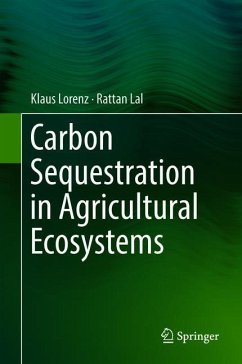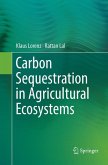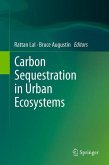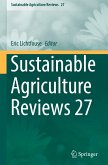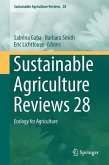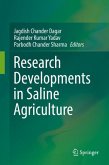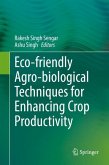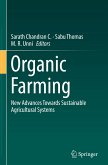A comprehensive book on basic processes of soil C dynamics and the underlying factors and causes which determine the technical and economic potential of soil C sequestration. The book provides information on the dynamics of both inorganic (lithogenic and pedogenic carbonates) and organic C (labile, intermediate and passive). It describes different types of agroecosystems, and lists questions at the end of each chapter to stimulate thinking and promote academic dialogue. Each chapter has a bibliography containing up-to-date references on the current research, and provides the state-of-the-knowledge while also identifying the knowledge gaps for future research. The critical need for restoring C stocks in world soils is discussed in terms of provisioning of essential ecosystem services (food security, carbon sequestration, water quality and renewability, and biodiversity). It is of interest to students, scientists, and policy makers.
Bitte wählen Sie Ihr Anliegen aus.
Rechnungen
Retourenschein anfordern
Bestellstatus
Storno

